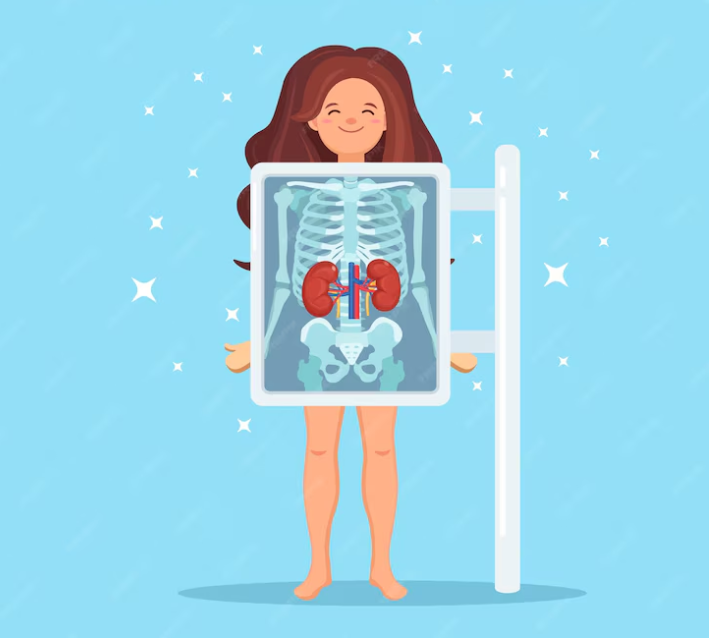
Recognizing Symptoms of Kidney Stones: A Beginner’s Guide
Body:
Kidney stones can be incredibly painful and disruptive, but recognizing their symptoms early can lead to prompt treatment and relief. If you’re unfamiliar with the signs of kidney stones, don’t worry – we’ve got you covered. In this beginner’s guide, we’ll break down the common symptoms of kidney stones in simple language that anyone can understand.
Kidney stones can cause significant discomfort, but recognizing the symptoms early can help you seek prompt medical attention. Here’s a simple guide to understanding the signs and symptoms of kidney stones.
Common Symptoms
- Intense Pain: The most common symptom of kidney stones is severe pain in the back, side, or lower abdomen. The pain can come on suddenly and may fluctuate in intensity.
- Painful Urination: You may experience pain or burning sensations when urinating, which can be a sign of kidney stones.
- Blood in the Urine: Kidney stones can cause blood to appear in the urine, giving it a pink, red, or brown color.
- Frequent Urination: You may feel the need to urinate more frequently than usual, even if you don’t pass much urine.
- Nausea and Vomiting: Some people with kidney stones may experience nausea and vomiting, especially if the pain is severe.
Signs of a Kidney Stone Emergency
In some cases, kidney stones can lead to complications that require immediate medical attention. Seek emergency care if you experience:
- Inability to urinate
- High fever and chills
- Severe pain that prevents you from finding a comfortable position
- Persistent vomiting
When to See a Doctor
If you experience any of the symptoms mentioned above, especially severe pain, blood in the urine, or difficulty urinating, it’s essential to see a doctor promptly. Your healthcare provider can perform tests to diagnose kidney stones and recommend appropriate treatment.
Conclusion
Recognizing the symptoms of kidney stones is crucial for early diagnosis and treatment. If you experience intense pain, painful urination, blood in the urine, frequent urination, or other concerning symptoms, don’t hesitate to seek medical attention.
To seek medical advice, always consult a Doctor. Here are our recommended experts. Click here
To read more on Kidney stones. Click Here



